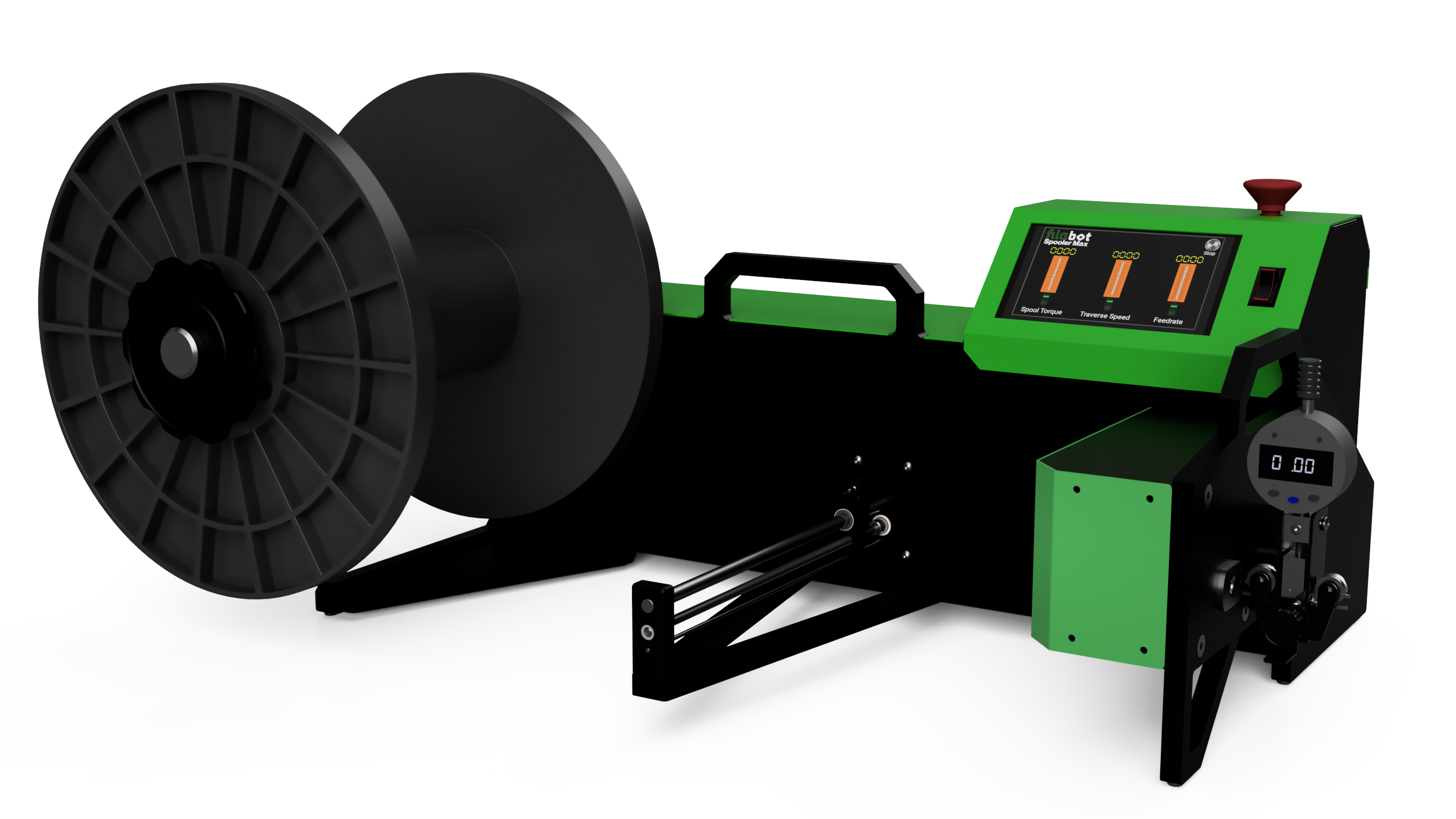
There are plenty of decisions that need to be made before you make an investment in a filament based 3D printer. Build volume, speed, resolution, component quality to name a few. Along with these, one of the most important considerations is filament selection. The last thing you want is to get cozy with your new 3D printer and realize that you are limited by proprietary, overpriced feedstock options. Having the creative and technical freedom to print with the broadest pallet of materials is essential to the craft.
3D printer manufacturers that adhere to a proprietary filament business model aim to draw the consumer in on price by offering a sizable, upfront discount over comparable models from other manufacturers. For those of us that shop on price this is a dangerous temptation, unless you take the take the time to do the math and the research on the consumables. Proprietary feedstock will always cost more than open market feedstock. While it is true that some manufacturers are tactlessly more egregious than others - premiums of well over 300% are commonplace. This adds up quick, and will wipe out your upfront savings in short order.
The faulty argument universally presented by the manufacturers is that their proprietary filament is better than anyone else's, more consistent in diameter and purity. They state that if they can control all the variables, they can offer a more consistent and reliable experience. This is absolutely not true, as the source for their filament is coming from the same commercial extruder equipment that produce filament for the free market.
This pay less now but pay more later tactic is of course, exactly what was successfully accomplished with the inkjet printer market. The big manufacturers continue to make a fortune off of branded ink which should otherwise cost next to nothing. It has been well over 30 years since the inkjet was introduced, and at this point it is safe to say that this market dynamic isn't changing anytime soon. We can partly blame a lack of pressure to change this from the consumer side of things, as most have acquiesced into buying their proprietary inkjet cartridges out of convenience. The stakes for 3D printing however, are much higher - as operating costs are greater, the opportunity for savings is substantial, and the penalty on creative capacity is easily quantifiable.
The difference between the inkjet market and the 3D printer market is that the 3D consumer is generally quite a bit more savvy. For us, hacking a proprietary system is a welcome challenge. Essentially every manufacturer that has tried to put a chip or control what their users are putting into their machines has left the fight with a black eye and a bruised ego, but many step right back into the ring. Fresh blood in the form of wide eyed consumers shopping on price are very easy to find in a growing market, which makes awareness the greatest tool against this misguided business tactic.
Ultimately, the widespread adoption of 3D printing is fed by a universe of innovation, on both the equipment and on the feedstock side. Third party filament suppliers offer a fairly broad spectrum of options that you do not want to be excluded from using in your prints. At Filabot, we take it a step further and empower users to make their own custom filaments from inexpensive raw materials. Our extruders enable you to produce the highest quality filament in limitless colors with infinitely customizable technical properties. We believe that users should be able to recycle their prints or even household plastics into fresh filament which saves resources and money. Our advice? Reject the proprietary filament model and go with a 3D printer that offers zero limitation on your ability and your capacity to create.



